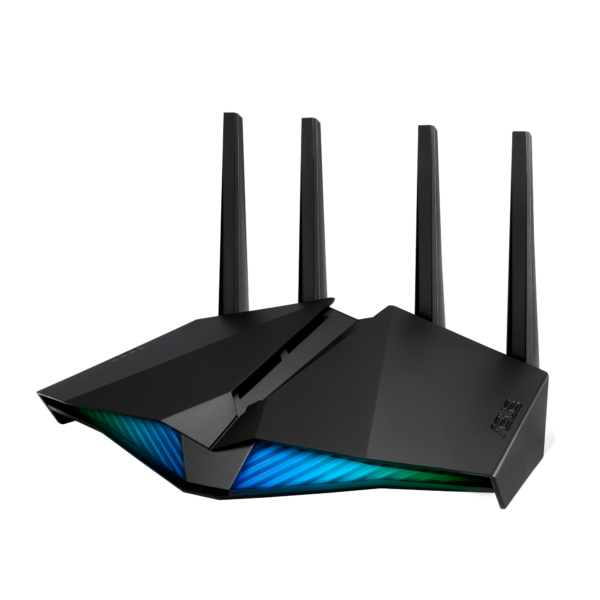Router plays a pivotal role in modern networking, serving as a gateway for data packets to travel between different networks. It acts as an intermediary device that forwards data packets between computer networks, facilitating communication among various devices. In the context of VPN services like FineVPN, routers are crucial for managing network traffic securely and efficiently.
Understanding Routers
Routers are hardware devices that connect multiple computer networks together and route data packets to their intended destinations. They operate at the network layer of the OSI model and use routing tables to determine the best path for forwarding data. Routers are essential components of the internet infrastructure, enabling data transmission across vast networks.
Key Features of Routers
Routers boast several key features that make them indispensable in networking:
- Routing: Routers utilize routing protocols to determine the optimal path for data transmission.
- Network Address Translation (NAT): NAT allows multiple devices on a local network to share a single public IP address, enhancing security and conserving IP addresses.
- Firewall: Many routers come with built-in firewall capabilities to protect against unauthorized access and cyber threats.
- Quality of Service (QoS): QoS features prioritize certain types of traffic, ensuring optimal performance for critical applications.
- Wireless Connectivity: Wireless routers provide Wi-Fi access, enabling wireless connectivity for devices within range.
Types of Routers
Routers come in various types, each tailored to specific needs and environments. Here are some common types of routers:
| Type | Description |
|---|---|
| Wired Router | Connects devices using Ethernet cables. |
| Wireless Router | Provides Wi-Fi access in addition to wired connections. |
| Edge Router | Typically used at network edges, such as ISPs. |
| Core Router | Handles high-speed data transmission within a network. |
| Virtual Router | Software-based router running on virtualized hardware. |
Applications of Routers
Routers find applications in diverse settings, including:
- Home Networking: Connecting multiple devices to the internet.
- Enterprise Networks: Routing traffic between departments and branch offices.
- Internet Service Providers (ISPs): Managing internet traffic for subscribers.
- Data Centers: Directing data packets within large-scale server environments.
Challenges and Solutions
Despite their utility, routers face certain challenges, such as:
- Security Vulnerabilities: Routers can be susceptible to hacking and malware attacks.
- Network Congestion: High traffic volumes can degrade router performance.
- Configuration Complexity: Setting up and configuring routers may require technical expertise.
To mitigate these challenges, users can:
- Update router firmware regularly to patch security vulnerabilities.
- Implement traffic shaping and bandwidth management techniques to alleviate congestion.
- Seek assistance from IT professionals for complex router configurations.
Characteristics and Comparisons
Let’s compare routers with similar networking devices:
| Device | Description |
|---|---|
| Switch | Connects devices within a local network. |
| Hub | Broadcasts data to all connected devices. |
| Modem | Converts digital data for transmission over analog lines. |
Routers stand out for their ability to route data between disparate networks, unlike switches and hubs, which operate within a single network.
Future Perspectives
The future of routers is intertwined with advancements in networking technologies, including:
- Software-Defined Networking (SDN): Centralized network management for greater flexibility and scalability.
- IPv6 Adoption: Transitioning to IPv6 to accommodate the growing number of internet-connected devices.
- Edge Computing: Distributing computing resources closer to the network edge for low-latency applications.
VPN and Routers
VPN services like FineVPN can be seamlessly integrated with routers to extend VPN protection to all devices connected to the network. By configuring a VPN on the router, users can safeguard their internet traffic and maintain privacy across multiple devices without the need for individual VPN installations.
Resources for Further Exploration
For more information about routers, consider exploring the following resources:
- Cisco Networking Academy: Offers comprehensive networking courses, including router configuration and troubleshooting.
- Reddit r/networking: A community of networking professionals sharing insights and discussing industry trends.
- Router Manufacturer Websites: Websites of leading router manufacturers such as Cisco, Juniper Networks, and TP-Link provide product documentation and support resources.
Routers continue to evolve to meet the ever-changing demands of modern networking, serving as the backbone of internet connectivity and enabling seamless communication across the globe.


